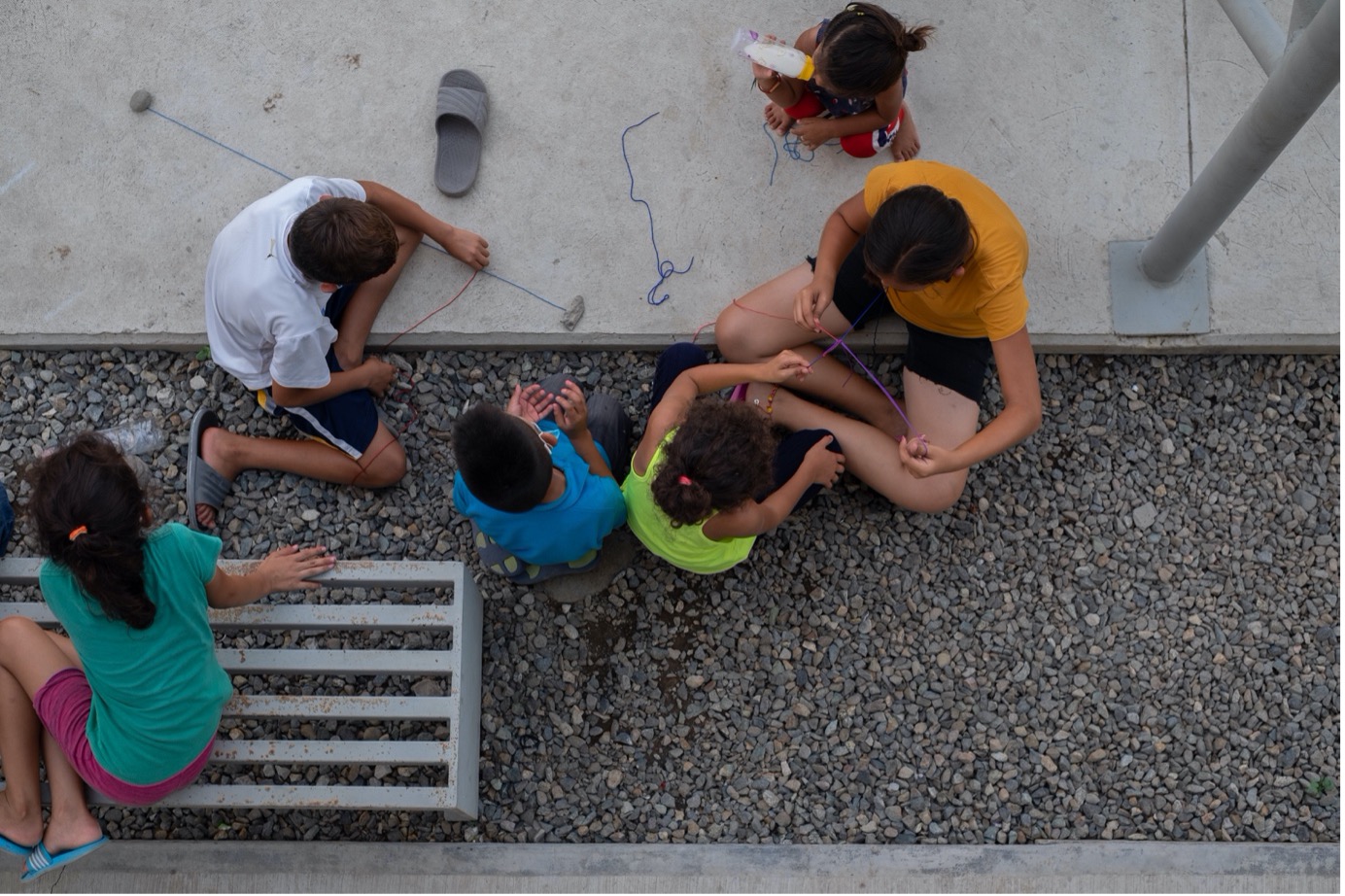
Mexico. Children playing in basketball court of the Hospitalidad y Solidaridad shelter ©UNHCR/Jeofrrey Guillemard
Snapshot
Mexican legislation provides for the granting of complementary protection. This form of international protection is granted to a foreigner who has not been recognized as a refugee according to the law (Mexican law provides for both the universal definition of the term refugee and the expanded definition) but it is considered that their return could put their life at risk or could leave them in danger of being subjected to torture or other cruel, inhuman, or degrading treatment or punishment.
According to the law, complementary protection will not be granted to a foreigner for whom there is well-founded reasons to consider that they committed acts that fall under Article 27 (exclusion clauses identical to those of the 1951 Convention).
When the Secretariat determines that an applicant does not meet the requirements to be recognized as a refugee, it must, in each case, assess whether the foreigner requires complementary protection, and this assessment is notified to the foreigner in the same decision relapsed in the procedure of recognition of the refugee status.
If the Secretariat determines that a foreigner requires complementary protection, it issues the corresponding immigration document that proves their regular immigration status in the country.
Finally, the Secretariat may withdraw the complementary protection granted only in cases in which it is established that a foreigner concealed or provided false information, or when the circumstances that motivated the granting of the complementary protection have ceased to exist.
Impact of the good practice
Impact of COVID-19
There was no special impact in relation to the granting of complementary protection. In 2020, COMAR was successful in deciding more cases than in the previous year.

Recent Comments